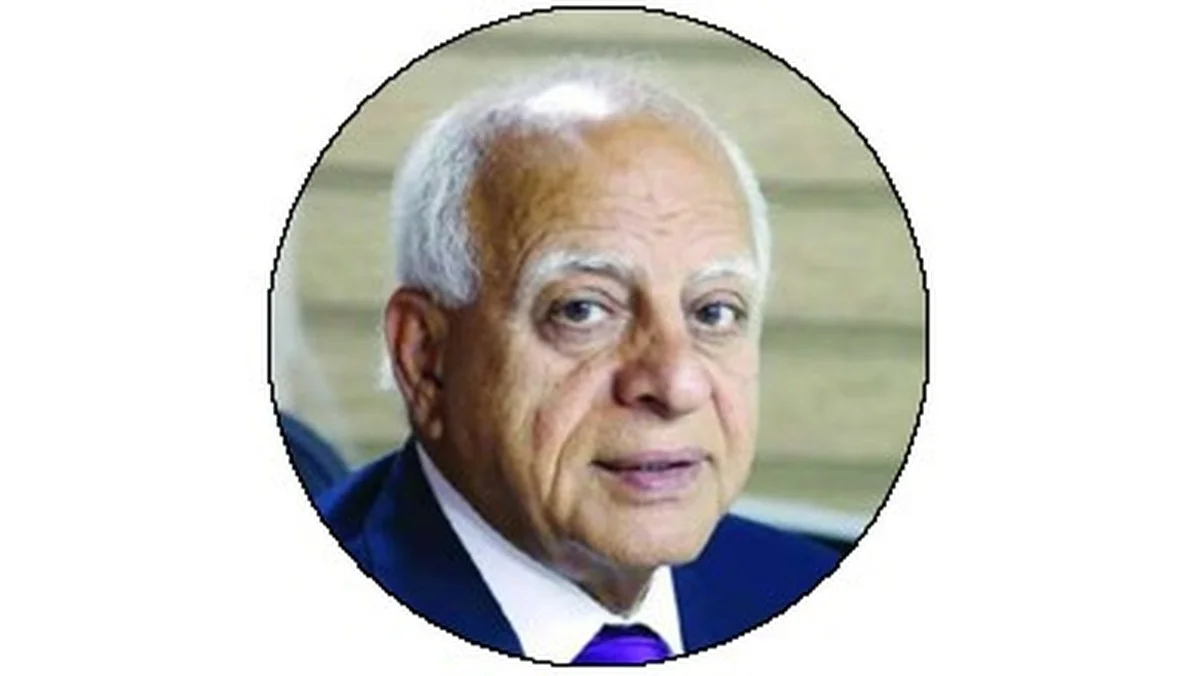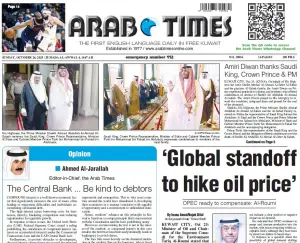24/06/2025
24/06/2025
In addition to his literary achievements, Maalouf also serves as the Secretary General of the Académie Française. Amin Maalouf’s book delves into the complex and evolving relationship and often conflict between the West and its historical adversaries, particularly in Southeast Asia, including China and Japan, as well as Soviet Russia and the West’s dynamic with the New World, specifically the United States. The book traces the trajectory of these global powers, beginning with Japan’s Meiji era, which astonished the world with its rapid industrial development, Soviet Russia, which posed a serious threat to the West for nearly three-quarters of a century before its eventual collapse, and China, which has emerged in the 21st century as the West’s primary competitor in global influence, due to its vast population and unique philosophical foundations.
Maalouf also highlights the rise of the United States, especially after World War I, and its dominant global role following its decisive victory in World War II, emerging as the most advanced and powerful nation, and arguably the only one capable of defending global stability against external threats. When Maalouf completed his book two years ago, before the outbreak of the Gaza conflict and its repercussions, he predicted a significant decline of the West, particularly embodied by America. What we are witnessing today confirms this prediction, manifesting as political and moral bankruptcy. However, this does not imply that the West’s adversaries or challengers are in a better position.
Neither side currently holds the capacity to lead humanity out of the complex maze it faces. Even the United States, once a symbol of moral and material hope for many nations globally, is now experiencing setback after setback. America spent billions of dollars on its war in Afghanistan but did not build a single school or clinic there, a stark contrast to its honorable record with Japan and Germany after World War II. Its direct and indirect interventions in dozens of countries worldwide have tarnished both its credibility and the legacy of its founding fathers. The scandals and defeats in Vietnam and Afghanistan, along with the consequences of the Iraq invasion, which many viewed as a defeat, have deeply affected the prudence and humanity of the American administrations. Maalouf concluded that it is not in humanity’s best interest to be led by a hegemonic power, whether from America, China, or any other nation, because such dominance inevitably turns that country into an arrogant tyrant, ultimately leading to its downfall, as has occurred with empires throughout history.
The solution lies in genuine cooperation within respected international organizations where all voices are heard. It is absurd, for example, to witness America’s relentless push to establish an “International Court of Justice,” only to demand, insist upon, and secure exemptions for its citizens from being held accountable before it. What we are witnessing from the current U.S. administration was foreseen by Maalouf in his insightful book. Maalouf concludes by stating that the huge problems facing our planet require collective action through a system of global solidarity. This is the only way to avoid future dangers, especially now that the world’s sole superpower has lost its “moral legitimacy.”
email: [email protected]



